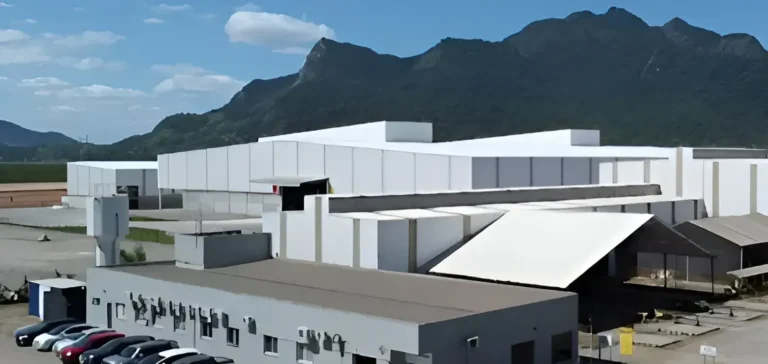The European Commission has proposed banning all transactions related to the Nord Stream and Nord Stream 2 gas pipeline infrastructures, European Commission President Ursula von der Leyen said during an online press briefing on June 10. The measure is part of the 18th sanctions package prepared by Brussels to intensify economic pressure on Russia following its invasion of Ukraine.
The Commission President stated that the ban would apply to any activity, direct or indirect, involving the pipelines. “For the first time, we propose a transaction ban for Nord Stream 1 and Nord Stream 2,” she said. “No EU operator will be able to engage in any transaction related to these pipelines. There is no return to the past.”
A measure to prevent any restart
The move is designed to block any scenario in which Russian gas deliveries via the undersea pipelines could resume. The Nord Stream 1 system, with a capacity of 55 billion cubic metres per year, began commercial operations in 2011 but was suspended in August 2022. Russian company Gazprom blamed the halt on its inability to maintain turbines due to the sanctions in place.
Nord Stream 2, completed in September 2021, never entered commercial service because of regulatory delays. Both infrastructures were severely damaged in sabotage attacks in September 2022, rendering both strings of Nord Stream 1 and one string of Nord Stream 2 inoperative.
Berlin backs Brussels’ initiative
Germany expressed support for the measure. German Chancellor Friedrich Merz stated on May 28 that his government would do “everything possible” to prevent Nord Stream 2 from becoming operational. A government spokesperson had already clarified on May 23 that Berlin supported sanctions targeting the pipeline.
International discussions around the situation in Ukraine have reignited speculation over a possible resumption of Russian gas flows, with some pointing to the intact string of Nord Stream 2 as a candidate. Russian President Vladimir Putin has repeatedly said this string could quickly be used to supply gas to Europe.
Planned phase-out of Russian gas
The European Commission has reaffirmed its intention to phase out Russian gas imports. On May 6, it presented a roadmap outlining a future ban on Russian gas purchases under both new and existing spot contracts. This ban is expected to take effect by the end of 2025. A second legislative proposal, due in July, will extend the ban to long-term contracts still in force, aiming for a complete cessation of imports by the end of 2027.
Any potential restart via Nord Stream 2 currently appears unrealistic without German approval. In March, Germany’s Economy Ministry reiterated that the project lacked legal certification and that Berlin was not involved in any discussions regarding its future. The certification process was suspended on February 22, 2022.
Price surge following supply cuts
The halt in Russian gas deliveries led to a sharp rise in prices on European markets. Exports via the Yamal-Europe pipeline were suspended, while flows through Ukraine were reduced during 2022. Gazprom subsequently stopped deliveries via Nord Stream at the end of August 2022, again citing technical issues.
With declining volumes, European buyers were forced to seek alternative sources, driving prices upward. On August 26, 2022, Platts, part of S&P Global Commodity Insights, assessed the Dutch TTF month-ahead price at a record high of €319.98/MWh ($365.67/MWh). On June 9, the same price remained relatively high at €35.62/MWh.






















